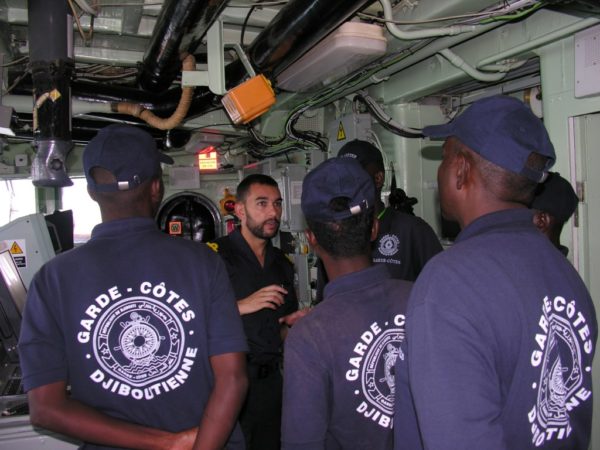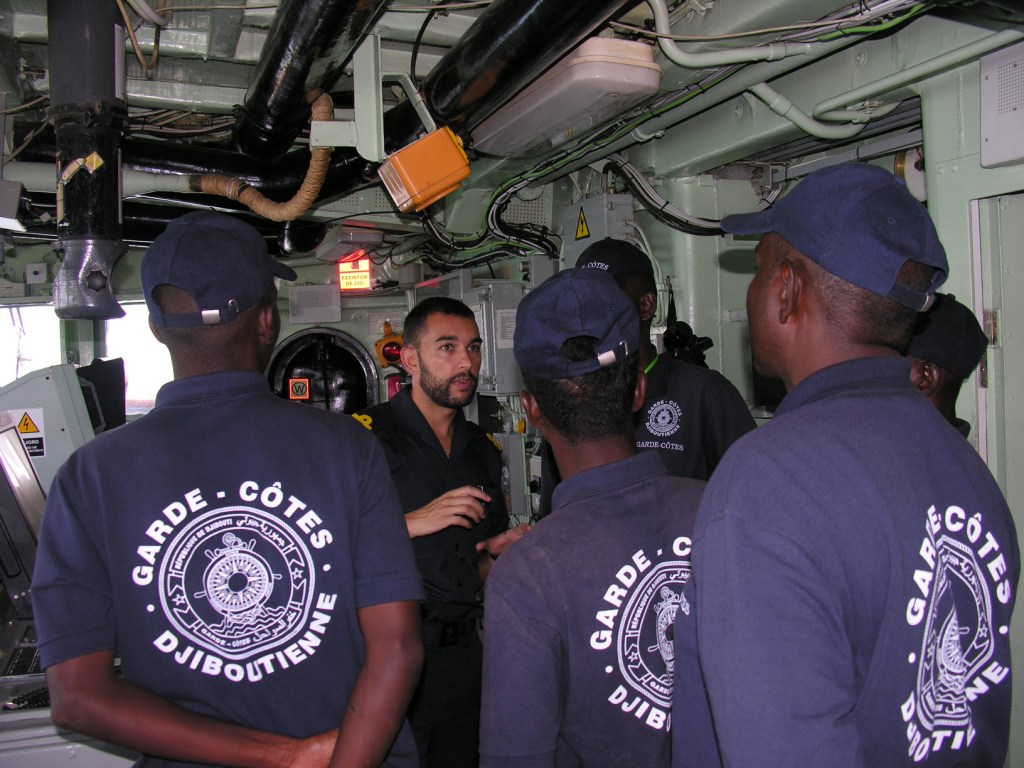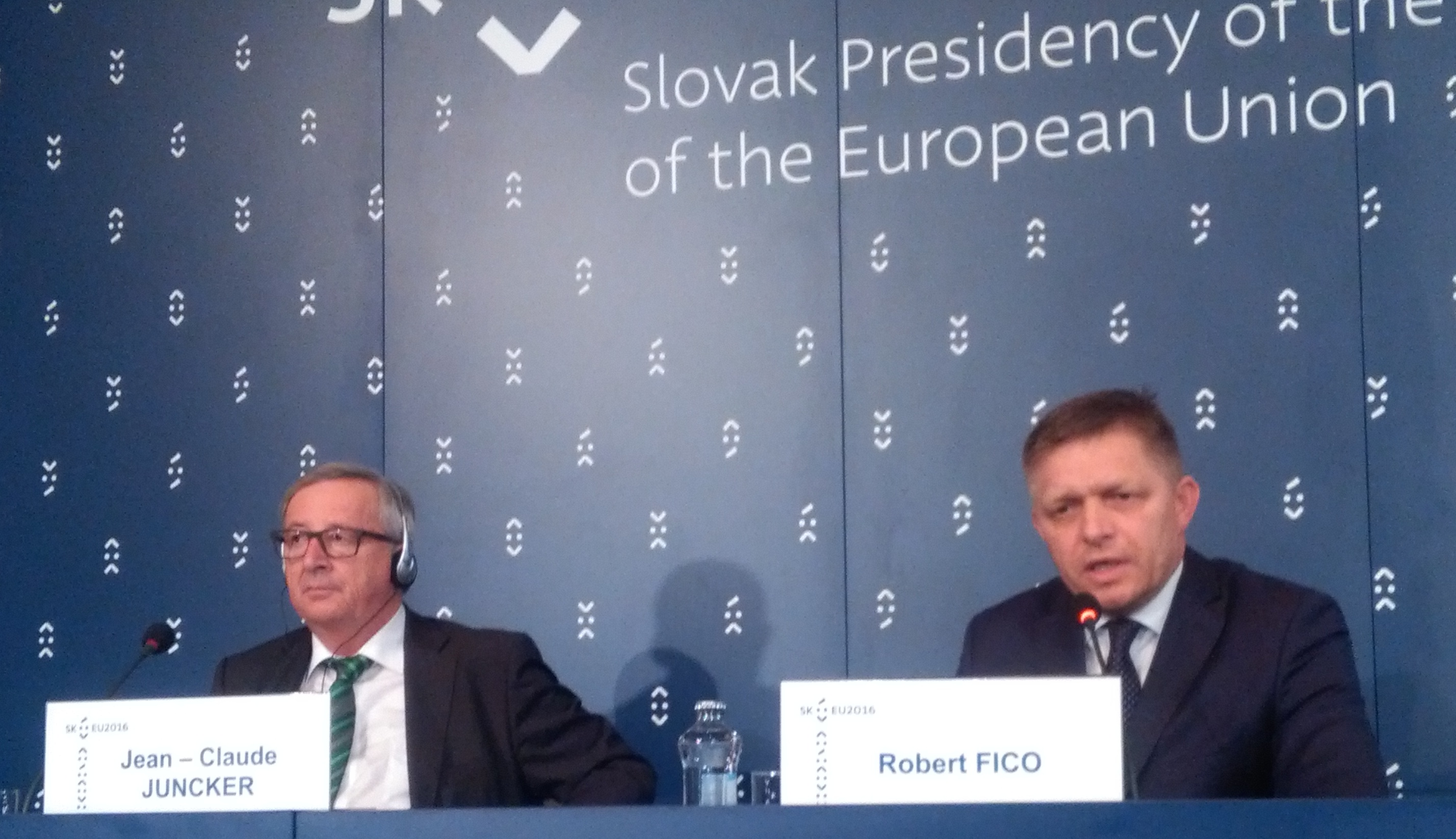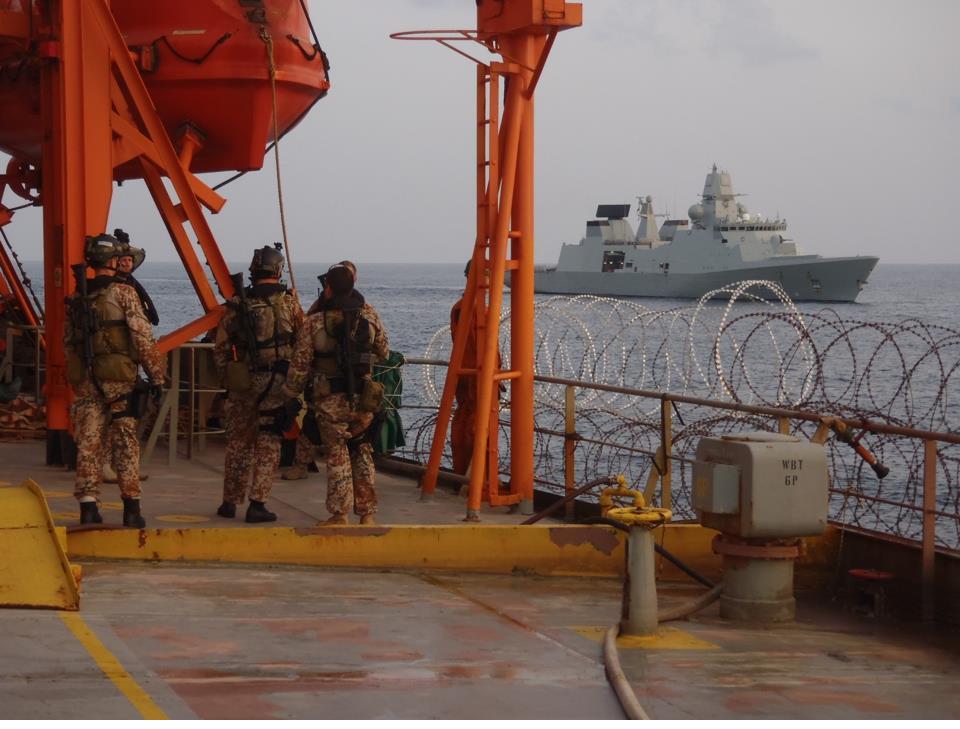EUCAP Nestor, a multifaceted mission of 200 people

(BRUXELLES2, exclusive) The solution to piracy is not military and at sea, but on land and civilians" this is the observation shared by all players in the field and political leaders for a few years now. After several intense months of preparation, the European Union maritime capacity building mission (Rmcb renamed Eucap Nestor) is ready. All the planning documents are ready. A first advanced element of experts will be deployed in the various countries concerned. B2 has obtained some details on the details of its missions and its composition. Its leader? You know him if you have already read this blog... This third mission in the region thus completes the action at sea (Eunavfor Atalanta) and the military training (EUTM Somalia) by providing the missing link: criminal prosecution.
Restore the rule of law and a substantial penal chain
The Eucap Nestor mission should have a fairly broad scope, making it possible to reconstitute the entire penal chain: from the formation of a law, to investigation and investigation techniques, and to judgment. This is a notable initiative, led by States, which succeeds a series of initiatives, often led by private companies (Hart Security, Saracen international, Halliday finch...), which either aborted or did not produce the expected effects, when they did not pursue, under cover of anti-piracy police training, other goals which had little to do (the protection of oil wells, for example).
- Coastal police training. The Puntland force has 1200 police officers who have started training with the UNDP. A basic initial training, intended to give the rudiments of the work: discipline, functioning in a team, wearing certain equipment... The Europeans should train in a specialized way around 200 people at first. This training should take place in Djibouti, for security reasons. The police being airlifted from Garowe, the capital of Puntland. It will aim to give the police the essential notions of investigation, gathering of evidence, constitution of file. What one asks in France to a policeman for example.
- Legislative assistance. Prosecuting hackers is first and foremost a legal matter. And it is important to have up-to-date laws, providing for all possibilities, and in line with international standards, in order to allow the surrender of suspects by multinational forces. Eucap Nestor will therefore include a good twenty legislative experts, placed in the various ministries concerned as advisers. A network will be set up to connect these advisers and their national counterparts in the various countries concerned.
- The training of judges. Finally retained as an element of the mission, the training of the magistrates will be ensured during workshops, normally carried out on the spot, including in Puntland, in places kept secret and changing each time, to avoid any problem of security.
More than 200 people
Eucap Nestor will not be a very small mission. Around 200 people, including 175 international experts, from different backgrounds: magistrates, police/gendarmes, and often former soldiers; all normally familiar with the notion of legal action. A number that may seem significant for a consulting and training mission. But it's quite logical because the mission is spread over 5 countries at the start: Djibouti, Kenya, Seychelles, Somalia (Puntland/Somaliland), Tanzania (*). Each country therefore needs a small structure, made up of experts and support. To this number of permanent experts, there will be added experts dedicated to a particular aspect, who may be called upon from time to time to provide more technical training (handling radars, etc.).
Equipment, left in place afterwards
Original point, the mission obtained to be able to acquire the materials and to leave them on the spot. A provision negotiated with the administrative/financial staff of the Commission. It requires " carefully examine the specifications of the materials during calls for tenders ” told me an expert on the file. What " is not obvious, because we do not have in the usual European specifications this type of material. We are going to work with navies from member states. » It is also necessary to think about the subsequent maintenance of this equipment, so that it can be used easily afterwards. On the other hand, the European budget does not provide for equipment in ships. This should be done bilaterally by member states. Some countries - the United States, Japan for example - have already provided or promised certain materials, the first in Tanzania and Kenya, for example, the second in Djibouti. But often these offers have been revised downwards.
Comment: an emblematic mission
European missions are rarely similar. This is of an entirely new genre. First of all, it does not concern a single country (or a single border) and a single theme. It covers several countries often far from each other, with very different traditions and interests, and which have little interest in common except to share the Indian Ocean. Some, despite their coastal proximity, do not have a strong maritime tradition (Kenya, Tanzania...), being more land-oriented. Eucap Nestor is also part of a maritime, international panorama and in a place where all strategic impulses meet. India, in particular, keeps an eye on the grain, which has always considered this body of water and the countries bordering it as its backyard (cf. its presence in the Seychelles, Mauritius, or the recent visit of the President of Puntland to India ). But it is not the only "interested" country... The mission is not devoid of any danger either. Going to train a few judges in Puntland exposes you to a certain risk. The stay in Kenya is also punctuated by "terrorism" alerts or attacks.
(*) Several other countries were included in the concept of crisis management. But they were not retained for security reasons (Yemen), for political or internal reasons in each country (Mauritius, Mozambique)
Read also:



Comments closed.